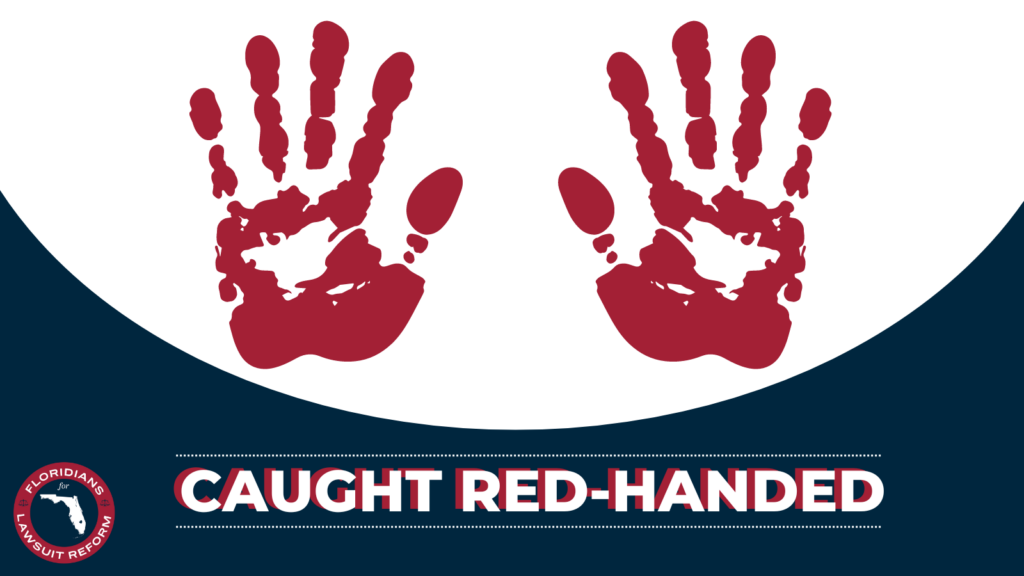
Saying they will take time to benefit consumers, the Florida Chamber of Commerce is vowing to defend sweeping civil litigation reforms.
President & CEO Mark Wilson kicked off the 2023 Annual Insurance Summit on Thursday with a reminder that Florida no longer ranks as a “judicial hellhole.”
“We’re nowhere near out of the woods folks,” Wilson said. “But the compass heading [shows] we’re moving in the right direction.”
Wilson acknowledged that Florida homeowners are paying premiums that are three times the national average. However, he said there are signs that the market is improving.
Six new insurance companies have set up shop in Florida, and Citizens, the state-run insurer of last resort, is beginning to shed policies, Wilson said.
Meanwhile, the Florida Chamber of Commerce has lined up a prominent legal team to defend the legislation.
Wilson referred to a bitter battle former Gov. Jeb Bush waged with trial lawyers over joint and several liability reforms, only to see them fall to legal challenges in the Florida Supreme Court.
“When you have a big win like lawsuit abuse reforms this year, we know the trial lawyers’ playbook. They don’t even hide their tactics,” he said.
Chief Financial Officer Jimmy Patronis said he is beefing up his Division of Consumer Services to help storm victims navigate a complicated claims process.
His 85-year-old mother needed help filing a claim after losing her roof to Hurricane Michael, he said.
“I truly believe we will protect our insurance consumers in the state of Florida by detouring them from litigation costs.”
Consumers need to give reforms time to work and hold lawmakers accountable for any attempts to weaken them, he said.
“The plaintiffs’ bar isn’t going away,” he said.
Lt. Gov. Jeanette Nuñez thanked the business leaders for their advocacy.
“You know it was Herculean… so I’m proud of your effort,” she said. “The governor and I are focused on continuing efforts to make sure that these robust reforms will work.”
DeSantis’ $114.4 billion “Focus on Florida’s Future” budget calls for a one-year suspension of taxes, fees, and assessments on insurance policies, a move Nuñez said would save policy holders $409 million and reduce the average premium 6%.
The reforms, among other things, eliminated one-way attorney fees for most insurance disputes, moved Florida from a “pure” to a “modified” comparative negligence standard, and permitted civil juries to apportion blame to criminal defendants in negligent security claims.
Aram Megerian, a partner with Cole, Scott & Kissane, cautioned that the reforms will take time to kick in because the courts are still resolving a COVID-19-related backlog of cases.
The courts also face a backlog of thousands of lawsuits that were filed before the new legislation took effect in March, Megerian said.
However, Megerian said there is a downturn in auto-glass-related lawsuits after lawmakers banned motorists from assigning insurance benefits to a third party.
“We’re starting to see a clear-out of the low-level plaintiffs,” he said.
Scott Shelton, a Cole, Scott & Kissane managing partner, predicted that businesses will benefit from the changes to comparative negligence.
A person who is seriously injured in a fall after a bout of heavy drinking will be less likely to recover damages from the nearest deep pocket, Shelton said.
“If you’re more than 50% at fault, you’re not going to recover,” he said. “If you look at the rest of the country, it’s actually very consistent with what the rest of the jurisdictions do.”
Property owners and homeowner associations will be more protected from liability when a criminal injures or kills a resident, he said.
“The rule was, you could not talk about, or blame, the criminal assailant. And that bothered a lot of people,” he said. “You couldn’t put them on the verdict form to put blame on them….that has now changed.”
